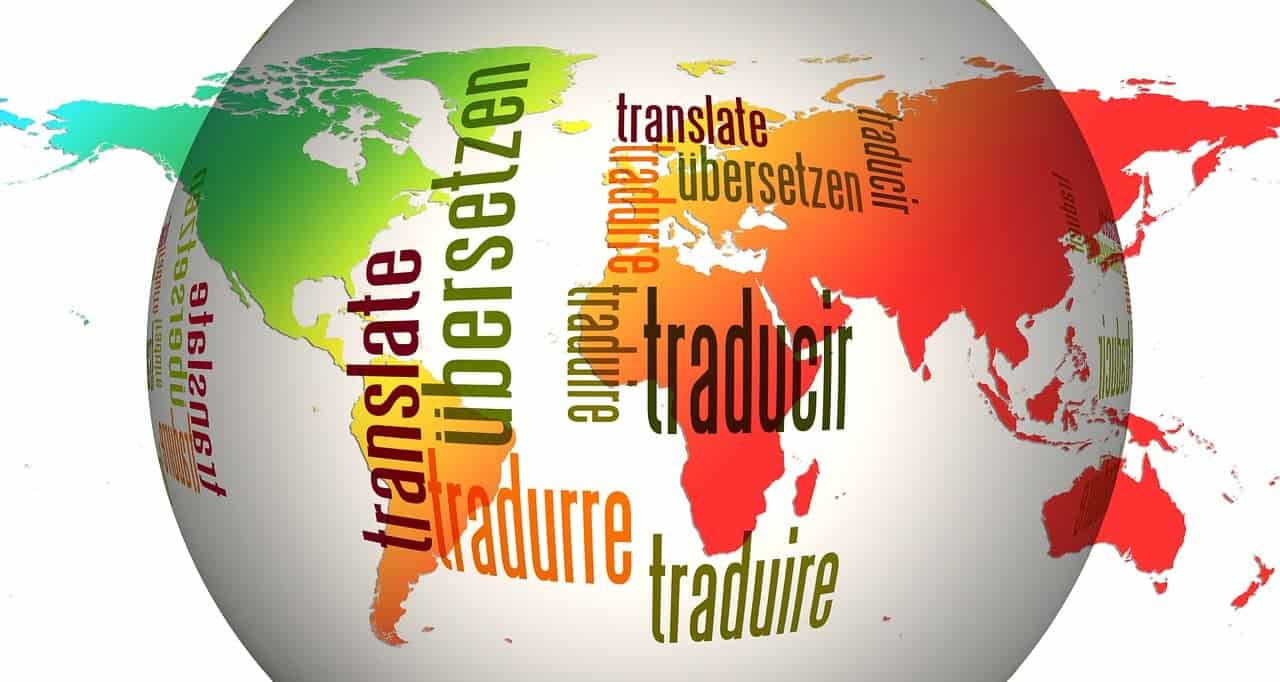Welcome back, fellow language learners and Costa Rica explorers! In our ongoing series about the linguistic adventures awaiting expats and tourists in this beautiful country, we’re diving deeper into the world of cognates. These are words that might look familiar but can lead you astray if you’re not careful. Let’s unravel more of these linguistic mysteries together!
Hindú and Indio
- “Hindú” can mean a Hindu person or anyone from India, regardless of religion.
- “Indio” refers to someone from India or indigenous people of the Americas.
- “Indígena” is used for American Indians.
Historia
- Means both “history” and “story.”
- But a short story is “cuento.”
Intentar and Intento
- “Intentar” means both “to intend” and “to try.”
- “Intento” means both “intent” and “attempt.”
- “Intención” only means “intention.”
Intoxicado
- Refers to almost any kind of poisoning, not just alcohol-related.
- For alcohol intoxication, use “borracho” or “ebrio.”
Introducir
- Can mean “to introduce” in various contexts, but not for introducing people.
- Use “presentar” to introduce someone.
Marcar
- Means “to mark,” “to dial” (phone), “to score” (in games), and “to notice.”
- “Marca” means “brand.”
- “Marco” can be a frame or framework.
Misería
- Often refers to extreme poverty more than general misery.
Notorio
- Means “well-known” without negative connotations.
- For “notorious,” use “de mala fama.”
Oración
- Can mean “speech,” “prayer,” or “sentence” (grammatical).
Oscuro
- Often means “dark” more than “obscure.”
Parientes and Padres
- “Parientes” are all relatives.
- “Padres” specifically means parents.
Regular
- Often means “average” or “so-so,” not “orderly” or “customary.”
Probar
- Can mean “to prove,” “to taste,” “to try,” or “to try on” clothes.
Pimienta and Chile
- “Pimienta” usually refers to black or white pepper.
- “Chile dulce” and “chile picante” are used for bell peppers and chili peppers.
Propaganda
- Can mean “advertising” without negative implications.
Real and Realismo
- Can mean both “real/realism” and “royal/royalism.”
Rodeo
- Can mean “rodeo,” but also “encirclement,” “stockyard,” or an evasive reply.
Rumor
- Usually means a soft sound, not gossip.
- For “rumor” (gossip), use “chisme.”
Típico
- Means “typical” without negative connotations, often meaning “traditional.”
Tipo
- Means “type,” but also colloquially “guy” (often derogatory).
- “Tipo de cambio” means exchange rate.
Tortilla
- Can mean tortilla or omelet.
Vicioso
- More often means “depraved” or “faulty” than “vicious.”
Violar and Violador
- Have stronger sexual connotations than in English.
- “Violador” specifically means rapist.
As you navigate the rich linguistic landscape of Costa Rica, keep these cunning cognates in mind. They’re not just potential pitfalls; they’re windows into the nuanced and fascinating world of Costa Rican Spanish. ¡Pura vida y buena suerte with your language adventures!






